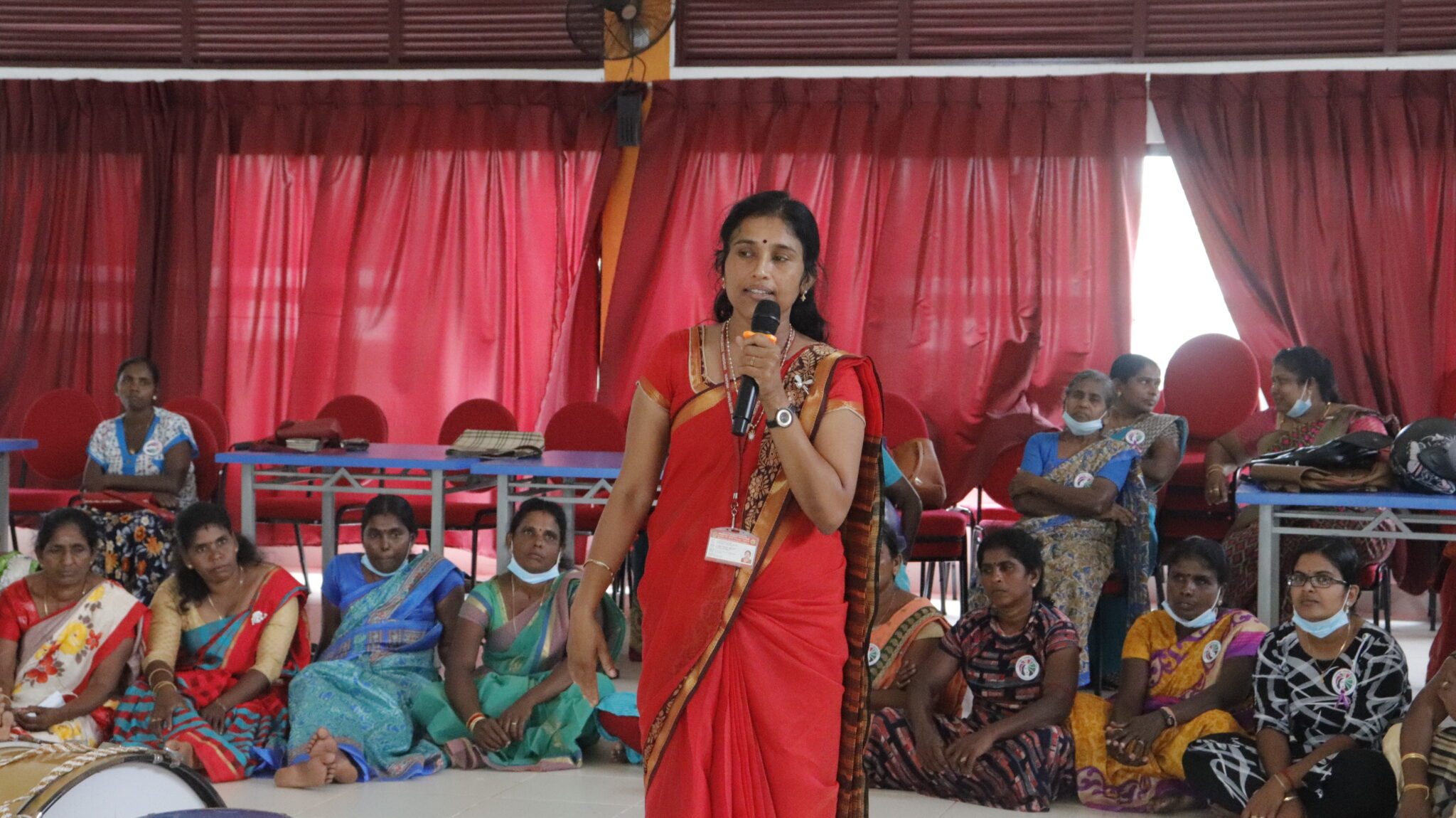
Project summary or content
Women’s political participation in Sri Lanka has been historically low and this remains a challenging dilemma in the current context. This evident structural discrimination was most recently demonstrated at the (insert year) parliamentary elections, where the percentage of women’s nominations further reduced in comparison to the prior elections held in 2015. This fact remains true across governance structures, with Local Government (LG) participation being as low as 2% before electoral reform. , The amendment of the Local Authorities Elections Act in 2016 paved the way for a 25% mandatory quota for women in local authorities. However, the reform brought with it its own challenges, namely in reducing women’s right to contest, having a tokenistic approach to women’s participation and marginalizing elected women in decision-making processes. The following table shows the gender composition of local government bodies in the Northern Province in 2018 after the announcement made on the 25% quota for women in local authorities.
Project objectives
- Encourage and empower women politicians to become good political and community leaders
- Sensitizing the grass-root communities and other stakeholders to enable environment for women for meaningful political representation
Project target groups
- Urban Council Members
- Pradeshiya sabha Members
- Women’s Leaders
- Community Members
- Youths
Donor
THE ASIA FOUNDATION

